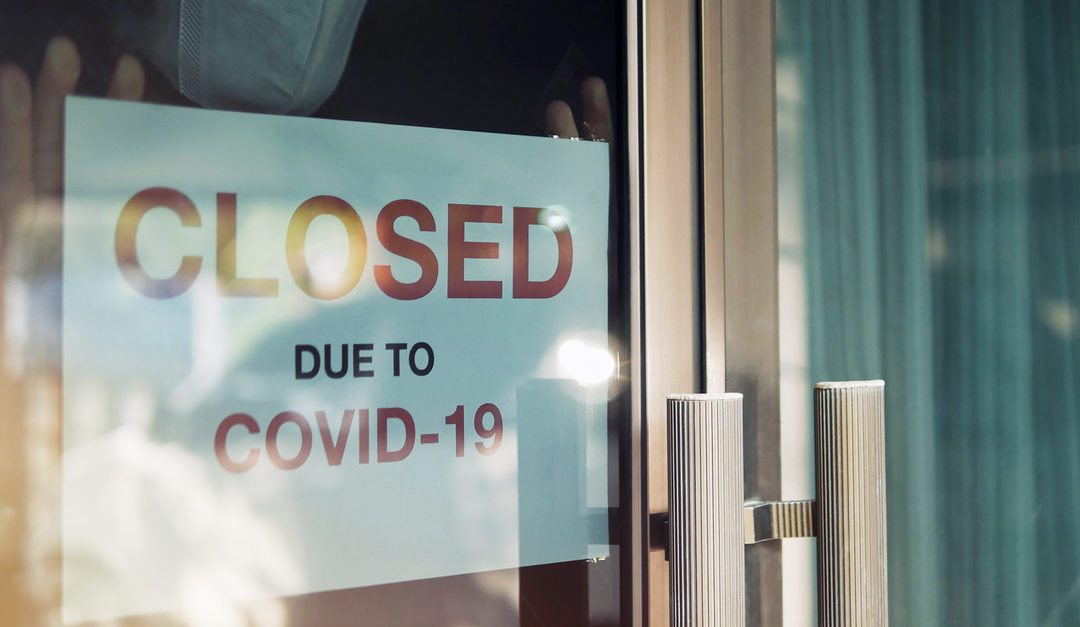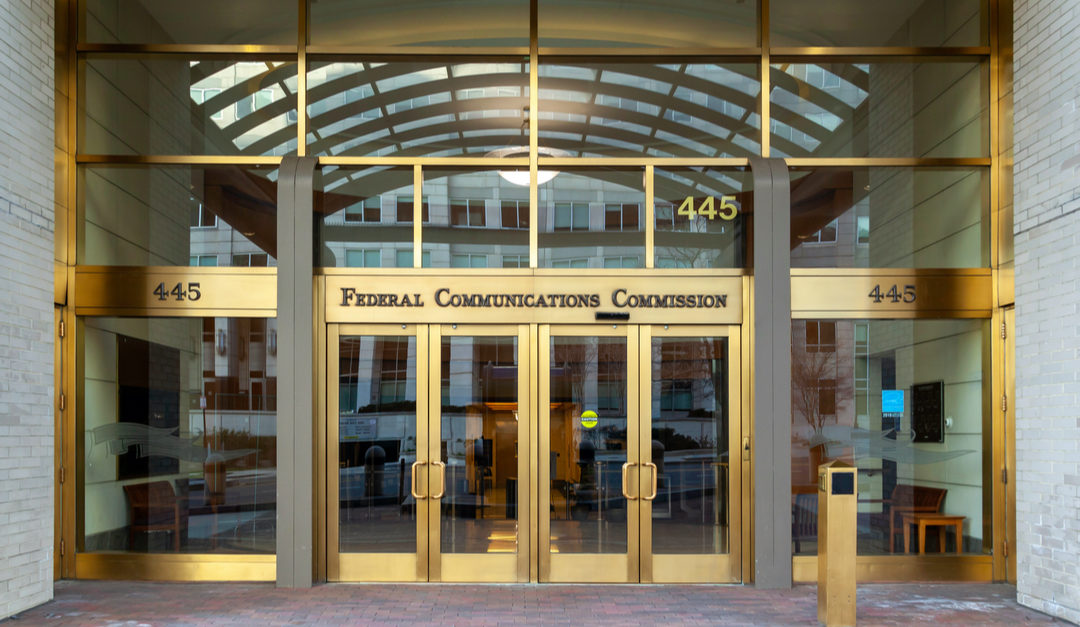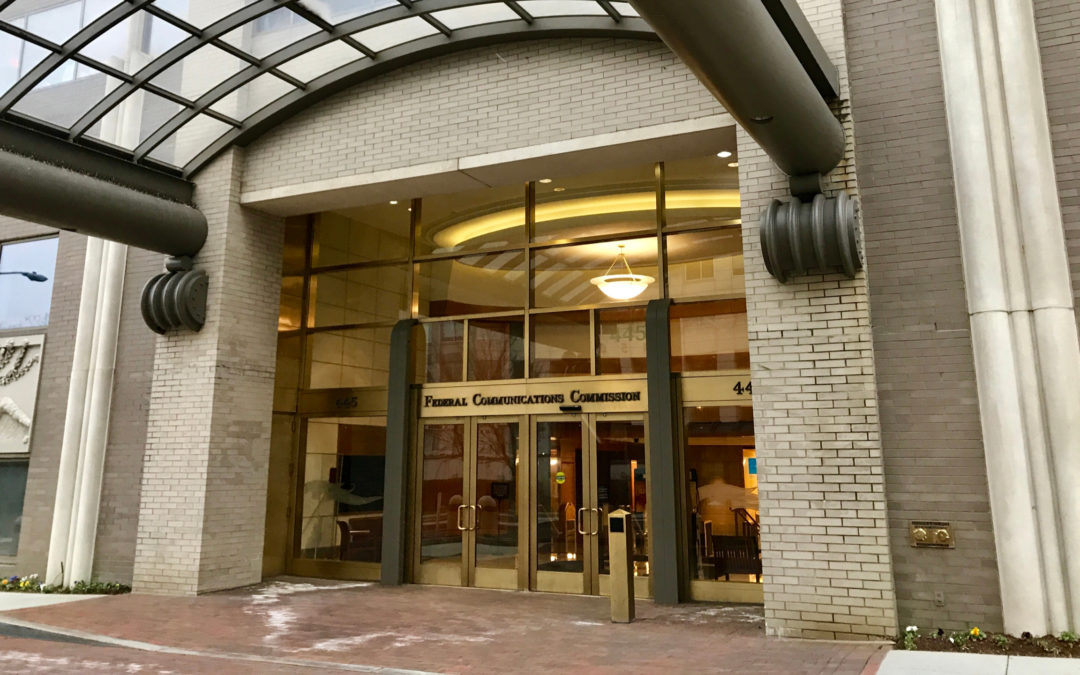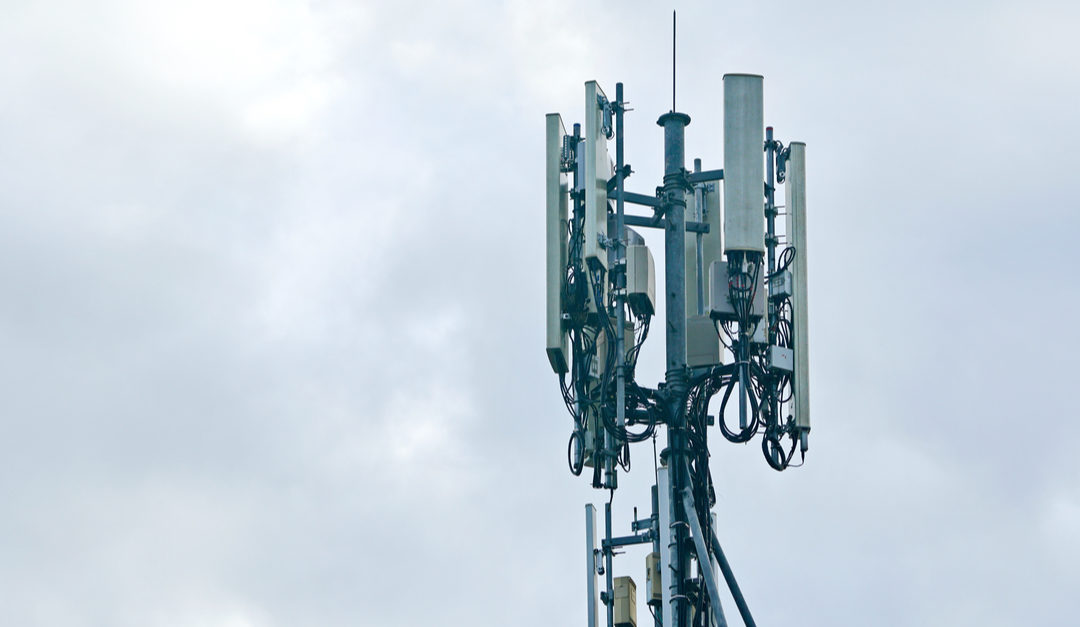Usage based billing (UBB), also referred to as pay as you go, pay-per-unit, or metered pricing, amongst others, is a billing model used across a variety of industries that charges users based on what they actually use instead of a fixed rate that is the same for everyone. This billing approach is common for services where usage can vary widely, and the approach is increasingly common especially as software-as-a-service continues its popularity with customers.
Of course, there are always those who believe they have a better way for a business to operate, and for some of those people UBB is just not acceptable. They envision an online world where everyone pays the same no matter what they are doing online. Someone who only needs access to read and send email would be charged the same as the upstart crypto miner down the block; the person only reading restaurant reviews on Saturday would pay the same as 24/7 high-definition graphics game player.
Imagine purchasing electricity this way. Your 1,200 square foot house only cooled to 74 degrees in August would cost the same as the 10,000 square foot, 64-degree house down the road. How about paying the same to take an Uber to the grocery store while your neighbor takes one across the country and you both pay the same rate? This system works for no one, except maybe the regulators. Regulators, and legislators, are often so eager to require that certain industries operate in a manner they imagine is most beneficial that they forget the damage they do to consumers and innovation.
Innovation takes many forms. Most obvious, perhaps, is the new gadget, but services, operations and billing practices all result in greater benefits for consumers when those functions also are infused with innovation.
Government forcing internet service providers, or any business, to sell their product or service at a fixed price rather than a pricing system that works for them and their customers is just run of the mill price controls. Those who claim that ending the option to offer usage based billing protects consumers ignore the practice’s wide use throughout our economy. Even worse, they ignore the economic damage that their arbitrary restriction would visit upon most consumers, especially those who use internet access less than average.
So, who are those who have internet access but use it less than others? To answer in the reverse, according to Pew Research, urban residents under 50 years old are the heaviest users and often report that they are “always on.” Suburban users less so and rural users even less. Those 65 years old and older also use the internet less. These then are the biggest losers in this government regulatory scheme — suburban and rural retirees.
The pursuit of one price fits all also signals a deep and disturbing misunderstanding of how an internet service provider operates. Despite some politician’s stated understanding, the internet is not “a series of tubes.” Delivering access to broadband is not akin to delivering water to a home. Rather, the demand on the network, and hence the costs, are dynamic.
Networks are in an almost constant state of expansion and improvement as consumers demand faster, better and further reaching systems. UBB meets this reality by allowing providers to change their pricing as offerings, conditions and consumer demand warrants. Individuals win as services meet the moment.
Regulators may have a role to play but that role is not to curtail innovation and most certainly is not to harm consumers. If they have their way and end UBB for service providers, the losers will not just be those forced to pay higher prices for less but the American innovation landscape broadly.

Instead of Fining Businesses Government Should Get Its Own House in Order
Last month the state of California began enforcing its expensive and heavy-handed new business privacy laws despite the economic burdens already borne by business because of COVID-19 and the government’s shut down of the economy. At $55 billion in compliance costs...

California Doubles Down on Unworkable Data Privacy Law During Second COVID Shutdown
Businesses were ordered to close. Schools were shuttered. People were told to stay home. Many believed that in a week or two life for the most part would return to normal and that COVID would be a bad memory. Now, four months later, California has not just halted...

Social Media Listened to Congress But it Still Wasn’t Enough
Congress loudly criticized social media for “allowing” itself to be manipulated by foreign powers to influence America’s 2016 presidential election. This alleged lack of content moderation during the last election cycle earned many sites a reputation as irresponsible...

IEI Urges FCC To Adopt its 5.9 GHz Proposal to Power Wi-Fi’s Future Success
Click to Read the Full Letter

IEI Submits Public Comments to The Defense Information Systems Agency on Dynamic Spectrum Sharing (DDS)
Click to Download Full Version

Broadband Providers and a Smart FCC: Keep Us Connected While We Stay Distant
"Particularly over the last decade, much has been said about “innovation.” Many have commented on how to create an environment to inspire it, to manage it or benefit from it. In fact, so much has been said that unfortunately many people tune it out. This has happened...

IEI Signs Coalition Letter Supporting Opposition to a Nationalized 5G Network
Click to Read Full Version

IEI Submits Comments to the FCC on Section 230 of the Communications Act of 1934
Click To Download the Full Version

IEI Signs Coalition Letter on Accelerating Wireline Broadband Deployment by Removing Barriers to Infrastructure Investment
Click Here to Download the Full Version

IEI Joins in Support of Nomination of Michael P. O’Rielly for FCC
Click Here to Download Full Version


Recent Comments